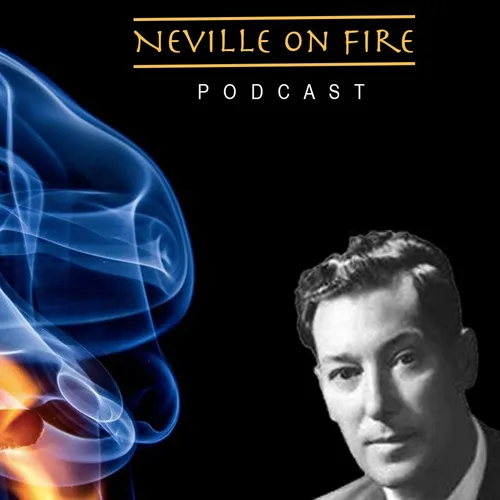Hypnosis vs Conscious Self-Persuasion
- Author
- Ed
- Published
- Fri 04 Mar 2022
- Episode Link
- https://share.transistor.fm/s/0370fd1d
Mental sovereignty: escape the hypnotic influence of dominant narratives.
1. Dominant narratives as hypnotic programs, and our own mental sovereignty.
2. Mass hypnotic sleep -- society.
3. Hypnotic sleep -- on an individual basis.
4. Authors in field of hypnosis, self-hypnosis, autohypnosis: no idea of true consciousness.
5. By contrast: GI Gurdjieff, Dr. R. Alexander and Neville: all hold a distinct concept of consciousness and are acutely aware of mass hypnosis used in society.
6. What characterizes programs of institutional mass hypnosis and mass psychosis?
7. Self-hypnosis, autosuggestion, affirmations -- used constructively to realize abundant life.
8. Key difference in technique: use true conscious faculty, instead of surface-level readjustments.
9. Recap: mass hypnotic control programs vs the acquisition of consciousness to achieve aims and even affect society at large.
10. What is hypnosis really all about? How does it fit into Neville’s world view?
Summary: Consider conscious use of self-persuasion. The extraordinary effects demonstrated by the phenomenon of hypnosis are dependent on belief systems. Knowing this, we release ourselves from dominant institutional narratives and realize more fully our freedom of choice.
KEY QUOTE
"At the present time most of us pass our lives in a state of hypnotic trance... To escape from the slavery imposed by our subconsciousness we must become conscious.” Alexander, Dr. Rolf (1956) Creative Realism
RESOURCES
Chomsky, N and Herman, E (1988) Manufacturing Consent: The Political Economy of the Mass Media
Tripp, James (2021) Hypnosis Without Trance
Note: not recommended for our purposes, as it is mostly a treatise on how to control others.
Two particularly good examples of standard literature on self-hypnosis (within the limitations discussed).
Pulos, L. (1994) The Power of Visualization (audio series)
All else by Pulos also recommended.
Maltz, M. (1960) Psycho-Cybernetics
Mentioned:
P. Yogananda (1946) Autobiography of a Yogi
Repeated:
Ouspensky, P.D. (1949) In Search of the Miraculous
Alexander, Dr. Rolf (1956) Creative Realism
